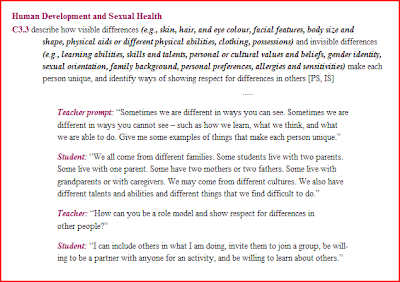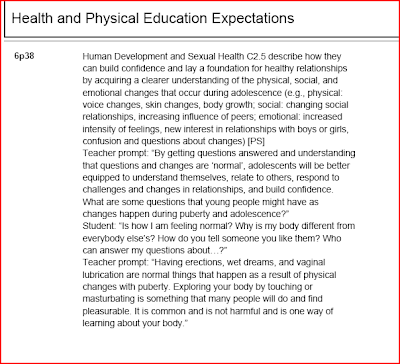It's blogging against disablism day! Which means for me it's like every other day except I blog it, I guess. This ties back into my Political Correctness post - my requests about language often surround the use of ableist terminology, when they're not focused on sexism, racism, homophobia, etc. As a kid, I had a lot of exposure to individuals with disabilities. They were my friends, and they were people I genuinely looked forward to seeing. They were at a day program my mom worked at, and I loved being there and being with them. These were people with physical and intellectual disabilities, and I loved them. It had a huge impact on me, and I see this in sharp relief when I am in public with someone who has much less experience than I do - I feel their fear, intimidation, sometimes arrogance and sometimes simple misunderstanding. This can lead to them being ableist - and I will call them out.
So what is Disablism?
Like sexism and racism, disablism (or ableism) is holding beliefs about the inferiority, weakness or inherent negativity of individuals with disabilities. Disablism assumes that individuals with disabilities are less than temporarily able-bodied individuals. Disablism assumes that individuals with disabilities aren't capable of making thei own decisions or holding personal power. Disablism assumes that anyone with a disability would wish not to have it, and so it is okay to make negative value judgments about disability.
What does disablism look like?
Disablism can take many, many forms.
When I was a little kid, and I gave what-for to a group of boys at a hockey game who were making that horribly rude mumble/handflap gesture - you know the one - they were imitating one of the men from the day program we were at the game with. Little me snapped on them. I find this gesture to be possibly one of the rudest and most abhorrent things that one can do. Involuntary movements and vocalisations are a fact of life for many people. What those boys did - and what people do when they make this gesture - is ableism.
When you speak to an individual with a disability, talk to them! Not their aide! Or if you talk to their aide, don't speak about their client as though the individual can't hear you. Especially if you know they can. I've had this happen to me when I was in a wheelchair last summer. Lady wouldn't stop asking my friend Shannon what I wanted on my bagel and I was all like "Cream cheese!" and by the time I got my bagel I was just like, fuck this. Just because someone is meeting my need for mobility by pushing my chair, does not mean they are also responsible for meeting all of my other needs.
When you speak to someone with a physical disability, do not assume they also have an intellectual disability unless you know this to be true.
When you encounter someone who is nonverbal, do not assume that they are non-communicative, or that they cannot hear you. Chances are they can communicate. Chances are they can hear you.
Above all, when you encounter someone who has a disability, don't ask them anything you wouldn't want to be asked of yourself. A question like "how long will she live?" (something my client's camily has been asked in her presence) is fucking ridiculous. Don't be afraid to be polite and courteous. But politeness and courtesy toward someone with a disability is the exact same politeness and courtesy you would use with anyone else.
Language: Probably the toughest one.
When you call someone a retard, lame, a gimp, insane, a spaz - all of these are ableist. All of these compare the negative actions of the person you are talking to with the lived experience of someone's disability. And you are calling it deformed, deficient, or bad. Because really, what else are you trying to accomplish when you say these things?







